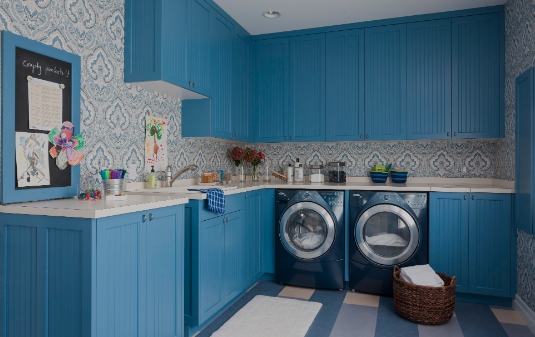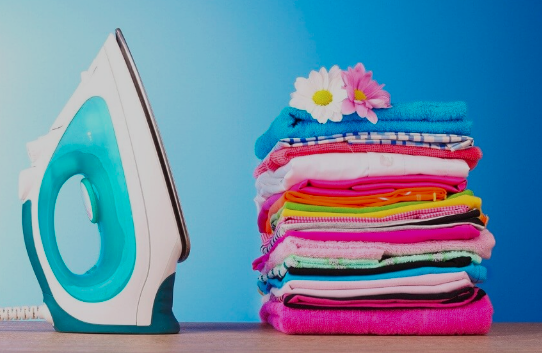Fashion Designers Collaborating With Tech Companies For Innovative Laundry Solutions.

In a world where sustainability is gaining paramount importance, the collaboration between fashion designers and tech companies has taken center stage. The fashion industry, notorious for its environmental impact, is undergoing a transformative journey, thanks to innovative partnerships focused on redefining laundry solutions. This bold collaboration marks a crucial step towards a more sustainable and tech-integrated future.
The Need for Change in Fashion
Traditional laundry processes contribute significantly to environmental degradation, from water wastage to chemical pollution. Fashion designers, often at the forefront of trends and change, are recognizing the urgent need to address these issues. The collaboration with tech companies signifies a collective effort to revolutionize the way garments are cleaned, extending the lifespan of fashion items while minimizing environmental impact.
The Fusion of Fashion and Technology
The intersection of fashion and technology is giving rise to groundbreaking solutions. Tech companies are bringing their expertise in areas such as artificial intelligence, nanotechnology, and smart textiles to the table, offering fashion designers the tools to reimagine the laundry process. These collaborations are not merely about making garments look tech-savvy but about integrating intelligent systems that enhance functionality and sustainability.
AI-Infused Laundry: Redefining Clean
Artificial Intelligence (AI) is playing a pivotal role in reshaping laundry practices. Fashion designers, in partnership with tech companies, are developing smart washing machines that utilize AI algorithms to optimize water usage, detergent quantities, and washing durations. This not only ensures cleaner garments but also reduces the overall environmental footprint of laundry processes.
Nanotechnology in Fabric Care
Nanotechnology is proving to be a game-changer in fabric care. Fashion designers are exploring nanotech-infused fabrics that resist stains and odors, decreasing the frequency of washing. Tech companies are actively involved in creating nanocoatings that protect garments, providing a sustainable alternative to conventional laundry methods.
Collaborative Sustainability: Fashion’s New Frontier
The fashion industry’s ecological impact extends beyond the washing machine. Collaborations between designers and tech companies are addressing sustainability throughout the entire lifecycle of a garment. From eco-friendly materials to energy-efficient production processes, these partnerships are committed to reducing the industry’s carbon footprint.
Smart Wardrobes and Clothing Care Apps
Beyond the laundry room, fashion designers are teaming up with tech innovators to create smart wardrobes and clothing care apps. These digital solutions help users manage their wardrobes efficiently, providing personalized care instructions and alerts for when garments require attention. By empowering consumers with knowledge, these collaborations promote responsible and informed garment maintenance.
Challenges and Opportunities
While the collaboration between fashion designers and tech companies holds immense promise, it also presents challenges. The integration of technology into fashion necessitates a shift in mindset and skill sets for designers. Additionally, there are concerns regarding the environmental impact of manufacturing tech-infused garments. Striking a balance between innovation and sustainability remains a delicate yet crucial aspect of these collaborations.
The Road Ahead: A Sustainable Fashion Landscape
Fashion designers collaborating with tech companies for innovative laundry solutions are steering the industry towards a more sustainable future. This bold fusion of creativity and technology has the potential to revolutionize not only how we wear and care for our clothes but also how we perceive fashion’s impact on the planet. As these collaborations continue to evolve, the hope is that they inspire a broader shift towards responsible and conscious consumption in the fashion world.




